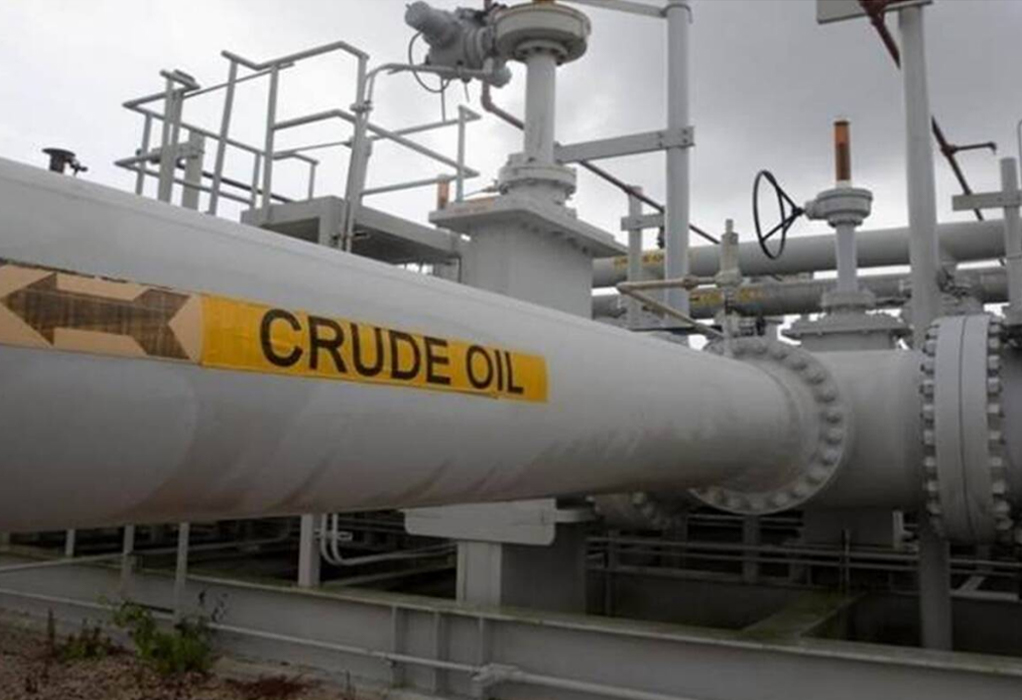Currently, oil prices have touched more than $100 a barrel, moreover Russia’s war in Ukraine accentuating the risk of relying on fossil fuel. It seems to be a great time to accelerate the transition away from the polluting fuel. But, the reality isn’t so simple.
Public support for climate action has attained greater attention across the world, but that doesn’t comfort the economic pain when everything from food to transport gets more costly. This is an unfortunate downside of the economy we’ve got that runs on fossil fuels.
That reliance makes any imbalance between supply and demands a source of price volatility, including the current spike. In 2020, oil giants drastically pulled back on investments to increase production on the assumption that Covid-19 lockdowns would depress demand for their product. But the quick rollout of vaccines in developed nations led to a faster-than-expected recovery and a shortfall in supply.
Now Russia’s invasion of Ukraine has added risk to the oil supply, with economic sanctions growing. Analysts say the longer the war goes on, the greater the chance the price of oil remains above the $100 mark.
There is another theory that oil companies may have been investing less in production over the last decade, pushing the price higher, because their investors are pressuring them to pivot to green energy. Even after discounting the upward pressure the war adds, the high oil price is all due to things that happened during the pandemic, but what do elevated crude costs mean for the transition to clean energy going forward?
One argument is that high fossil fuel prices are a good thing — consumers might be incentivised to switch to more fuel-efficient or electric cars, take fewer flights and consider replacing oil-fired boilers.
The same applies to policymakers. When the oil price gets very high, governments put in policies to move away from oil. And that’s easier today than during previous price spikes. The last time oil stood at more than $100 a barrel was a decade ago, when clean energy was still quite expensive, affordable electric cars weren’t in sight and the Paris Agreement hadn’t been signed.
Yet clean energy has merely slowed down the growth of fossil fuel demand and hasn’t yet led to a substantial decrease in oil consumption in most countries. That’s because replacing fossil fuel-consuming infrastructure takes time. Consider what’s happening in Norway, where 65% of all vehicles sold in 2021 were electric and yet oil demand has fallen less than 10% since 2013. Plus, there’s rising demand from developing countries that need more energy to fuel growing economies.
Experts feel that in many ways the high oil prices can actually hurt the move to clean energy.
What happened last year is a clear cut case where, the price of natural gas hit record highs in Europe, governments spent billions of dollars in subsidies to ensure that energy remained affordable. But much of that money ended up in the pockets of fossil-fuel companies, which reported bumper earnings. Green power generators, who are typically locked into long-term price contracts, didn’t gain as much from sky-high electricity prices. Now that the war in Ukraine has prices soaring again, the biggest European importers of Russian gas, Germany and Italy, are considering ramping up coal plants even as they build more renewables for the long term.
Costly oil drives up inflation, potentially prompting central banks to raise interest rates. That raises the cost of capital for everyone – including renewable companies, which have to pay more to borrow to cover the high upfront costs of building wind and solar plants. It should hurt oil companies too, but high returns mean they have less need to raise money through debt markets.
Source: Deccan Herald
Tags: Energy Transition, Oil Prices, Russia, War on Ukraine



Recent Posts
FIMI and Deloitte Release Report on Cleaner Vehicle Adoption in Indian Mining Sector
NTPC Deploys Hydrogen Fuel Cell Buses in Leh, Marks India’s First Commercial Hydrogen Mobility Project
Provaris and K LINE Sign MOU to Advance Hydrogen Shipping Solutions
Mumbai Set to Launch Electric Hydrofoil Ferry Network with Candela P-12 Vessels
AVTL to Build Independent Ammonia Terminal at Pipavav Port
DNV Grants Approval in Principle for New Ammonia Bunkering Vessel Design
Proteus Launches Modular Hydrogen Fuel Cell System for Maritime Sector
Van Oord Unveils Boreas, World’s Largest and Most Sustainable Offshore Wind Installation Vessel